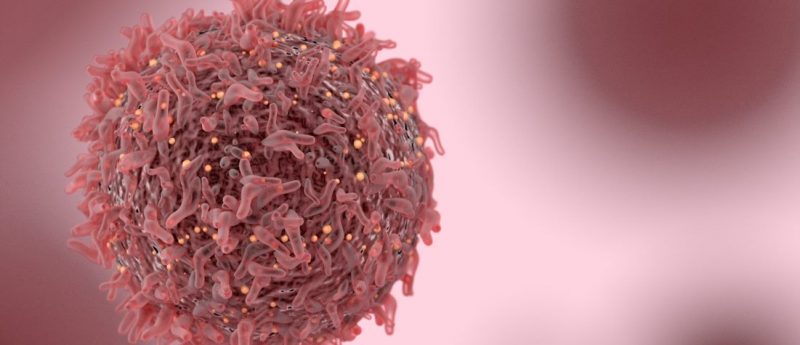Novel biosensor rapidly detects cancer cells after chemotherapy

Researchers from Rutgers Cancer Institute (NJ, USA) have developed a biosensor device able to rapidly detect live cancer cells after chemotherapy. This device has the potential to become a point-of-care assessment of patient response to determine whether targeted chemotherapy drugs are working efficiently on individual cancer patients in order to provide precision medicine.
The study, published in the journal of Microsystems and Nanoengineering, details the device, which uses artificial intelligence and biosensor technology to count live cancer cells as they pass through electrodes with an accuracy of 95.9%. While current devices rely on staining cells for analysis which may limit characterization, the new portable device is able to provide immediate results without staining – leading to better disease management and personalized interventions.
“Our technology combines artificial intelligence and sophisticated biosensors that handle tiny amounts of fluids to see if cancer cells are sensitive or resistant to chemotherapy drugs,” explained Mehdi Javanmard, Assistant Professor in the School of Engineering at Rutgers University.
The team previously developed a therapeutic approach that targets cancer cells such as those in multiple myeloma and epithelial carcinomas by binding chemotherapy drugs to an antibody. This minimizes interaction with healthy cells by specifically targeting tumor cells resulting in fewer side effects for many patients.
Joseph Bertino, Professor at Rutgers Robert Wood Johnson Medical School, commented: “Novel technologies like this can really have a positive impact on the standard-of-care and result in cost-savings for both healthcare providers and patient.”
The new device was tested on cancer cell samples treated with varying concentrations of targeted anticancer drugs, with live cells detected by a change in electrical properties as they pass through a fluidic hole. In the future it is hoped the device may be used as a point-of-care diagnostic tool for personalization of therapeutics, however, further tests on tumor samples from patients are required.
Sources: Ahuja K, Rather GM, Lin Z et al. Toward point-of-care assessment of patient response: a portable tool for rapidly assessing cancer drug efficacy using multifrequency impedance cytometry and supervised machine learning. Microsyst. Nanoeng. 5(34), (2019); https://news.rutgers.edu/cancer-device-created-rutgers-see-if-targeted-chemotherapy-working/20190712#.XS8cgHt7n4Z




